Terminator: Dark Fate is the best Terminator sequel since T2: Judgement Day. But that’s not saying much.
Not when the competition is Rise of the Machines, Salvation, and Genisys (complete with the atrocious spelling). All insufferable duds.
Each had momentary sparks of something better than themselves; aftershocks of the grandiose mythology built by director James Cameron in his first two films.
But these moments were buried under mounds of mediocrity and convoluted plotting. Where the first two Terminator films were lean and mean, the sequels each cranked up the time travel mechanics and narrative twists until it didn’t even matter if they made sense anymore – they were simply too dull to care about.
Now Cameron is back to write the screen story and produce a new installment to the series, designed to wipe out the previous three sequels and reboot everything fresh. The results are a mixed bag: sometimes sublime, often as frustrating and dour as the films it’s replacing.
On the definite side of all things sublime is Linda Hamilton, returning to the role that made her a global star almost forty years ago. Every single scene with her is a joy, and the film is absolutely at its best when she’s in it.
She gets the best lines, the best action, and her bitter and battle-worn performance is one of her finest. Sarah Connor may have stopped judgment day at the end of T2, but time and fate are never set in stone, and her life has become a continuous cycle of preventing another Terminator from succeeding with another target over and over again. When we meet her now she’s at the end of her rope. She sees the world down the barrel of a gun, and tragedy has left her even more alone than she was at the start of this long journey.
Hamilton proves with every fiber of her being that this film should have been entirely about her. But Hollywood isn’t about to give a major action franchise over to a woman in her 60s, no matter how clear it is that it should. Late last year another seminal film icon, Jamie Lee Curtis, returned to her horror franchise Halloween and delivered one of her career-best performances, which carried the film to box office gold. It’s a shame and wasted opportunity that Hamilton does not get the same chance here.
The Terminator himself, Arnold Schwarzenegger, returns for a brief role in the film, but it’s clear by now that the series has no idea what to do with him anymore.
There’s a slight detour that implicates a far more interesting story happening in the background that deals with the implications of how time travel works. It targets the constructs of morality and what it means to be a human, and it’s easily one of the best, most nuanced parts of the film. But it amounts to nothing more than set dressing – a vague idea of a better story in a different movie.
Schwarzenegger is as good as ever, supremely comfortable in the role that helped define his career, but at this point, his presence feels more like an obligation than a revelation. We’re supposed to fawn over what he represents in a film that is driven by the need to look forward instead of back.
In an ideal world this film would have been about Schwarzenegger and Hamilton dealing with the decades of fallout from their timeless war, and the inevitability of a future they will never see, but that was never going to happen. Shame.
The new leads, Mackenzie Davis and Natalia Reyes are fine and that’s about it. Neither stands out because their characters have nothing worth standing out for.
For a film that is happily female-centric, and produced by one of the filmmakers that ushered forward the modern feminine action hero, both new leads feel flat and lifeless. The idea of who they could be is not enough to carry what they are not.
None of that is the fault of either actress, and each brings as much as they can to an ungrateful part. But they struggle to carry the franchise the same way that Hamilton does in her brief screentime. Almost as if Cameron had written only the Sarah Connor parts and left everyone else scrambling to fit the rest of the material around them.
The same goes for Gabriel Luna, playing the new Rev-9 Terminator. As the name implies, his role is more of a revision of old concepts, namely the T-1000 played brilliantly by Robert Patrick in T2. His powers are roughly the same (liquid metal taking the shape of plot convenience), only turned up tenfold.
Yet while Luna is an expressive and charismatic actor, the Rev-9 has none of the malice or the charm that Patrick did, and the limp one-liners do him no favors here either. This quickly becomes a recurring theme in the film; it is an excellent performance of lousy material.
Much of the blame can be laid on the script. The film credits a total of no less than eight people working on the story and screenplay, and the result is a cacophonic mess. There are four major stories that each could have been a full film separately, but now serve as strange buoys in an ocean of derivative action set pieces that have no momentum of their own.
Characters move from one place to another not because the story needs it, but because that’s where they can cause enough havoc to justify the budget. In a staggeringly tone-deaf move, one of these scenarios involves an ICE-type concentration camp, which in the film is presented to only house violent and dangerous criminals, guarded by hapless white bureaucrats and disinterested minorities. It stops the film dead in its tracks and has no effect on the overall story.
During a time when the American government is perpetuating one of the largest crimes against humanity in separating generations of children from their parents at the US/Mexican border, this entire diversion is in stunningly bad taste.
Terminator: Dark Fate hopes to serve as a similar lifeline to the franchise as The Force Awakens was for Star Wars. In a way, it succeeds.
By bringing back Linda Hamilton the film shows that not only can she carry a major blockbuster, but that this franchise needs her more than it needs new faces. A smart move would be to scale back the action and allow for her to set the series on a new kind of course, something less impressed with itself and more invested in the characters. While Schwarzenegger feels done with the series as a whole, that kind of film would serve as a far better and more fitting closure than this one does.
If it feels like much of the discussion about Dark Fate is a reminiscence of Judgement Day, and what this film could be rather than what it is, that’s because that’s exactly what the film is. It’s a retelling of a half-remembered past that can’t decide what it wants from the future.


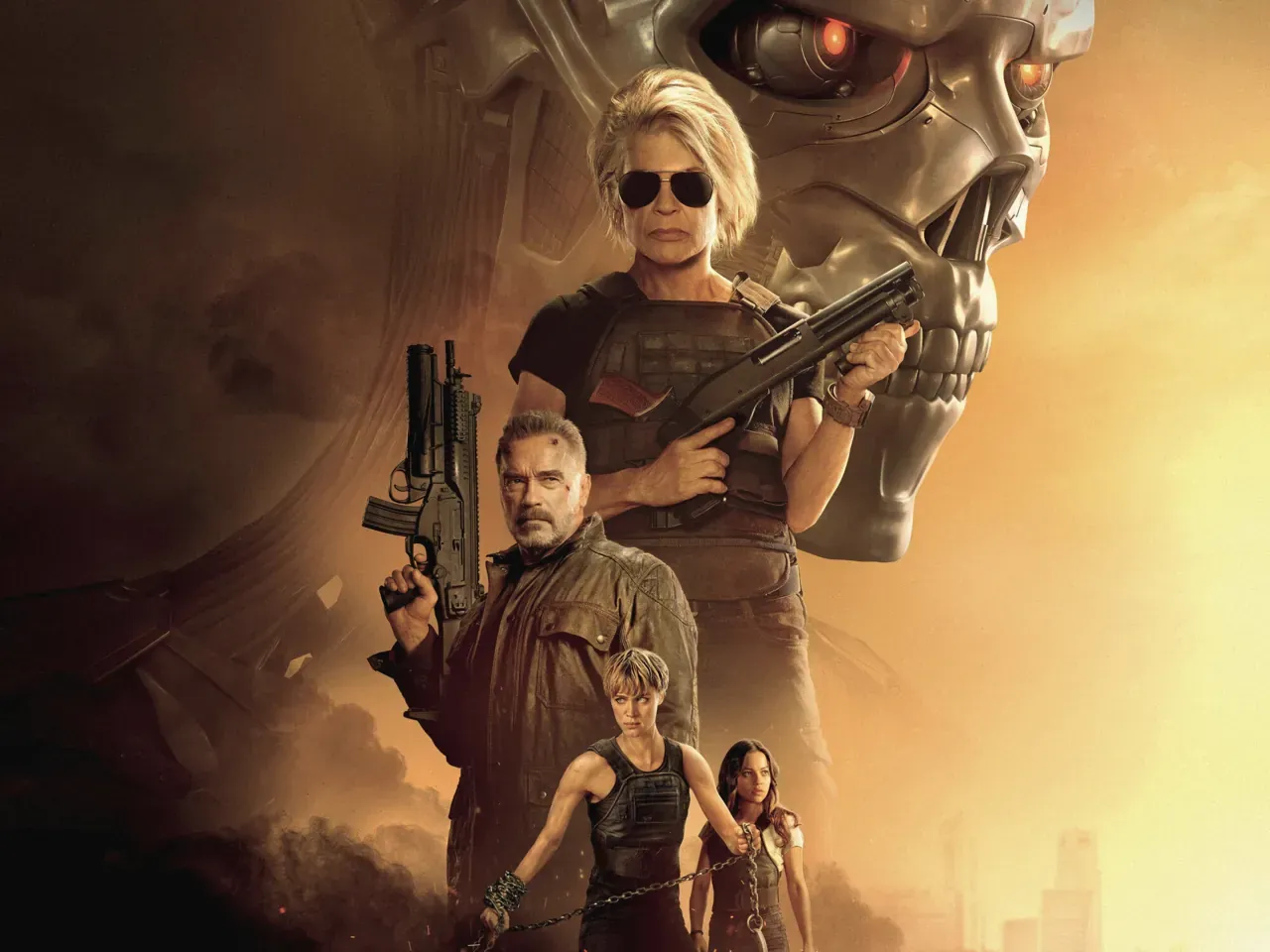
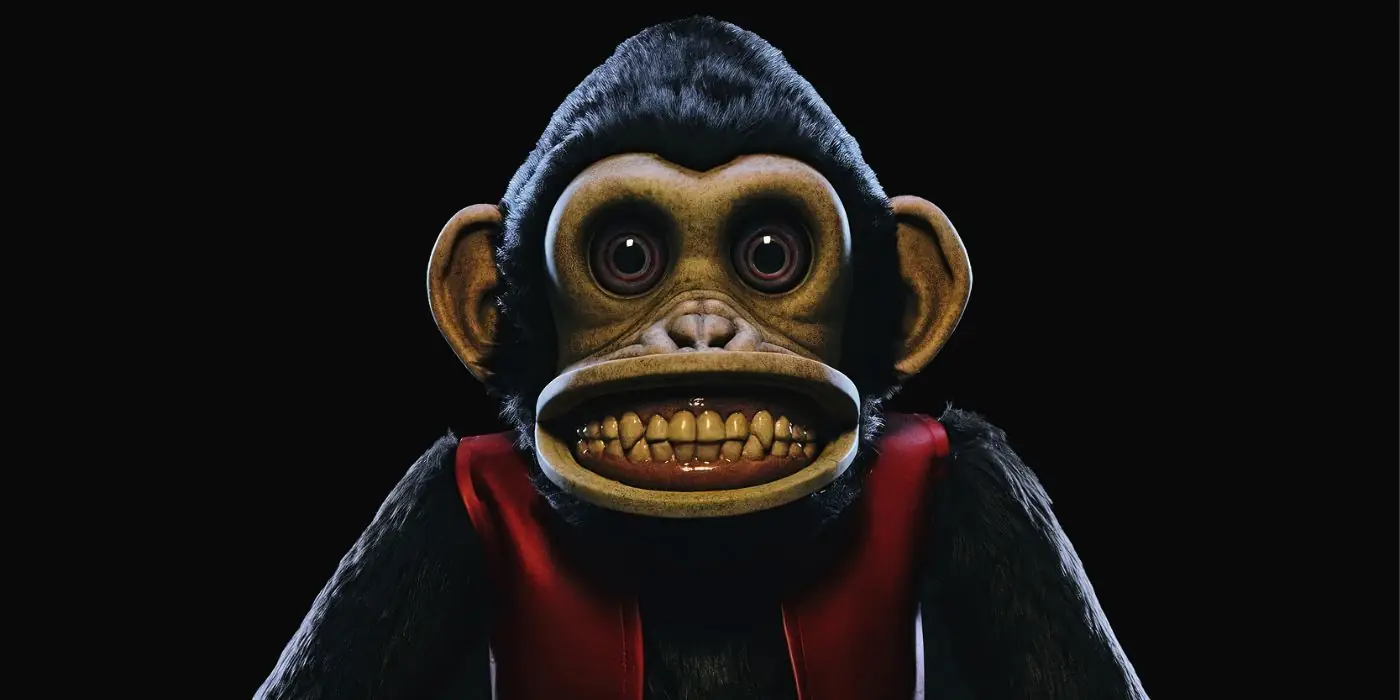
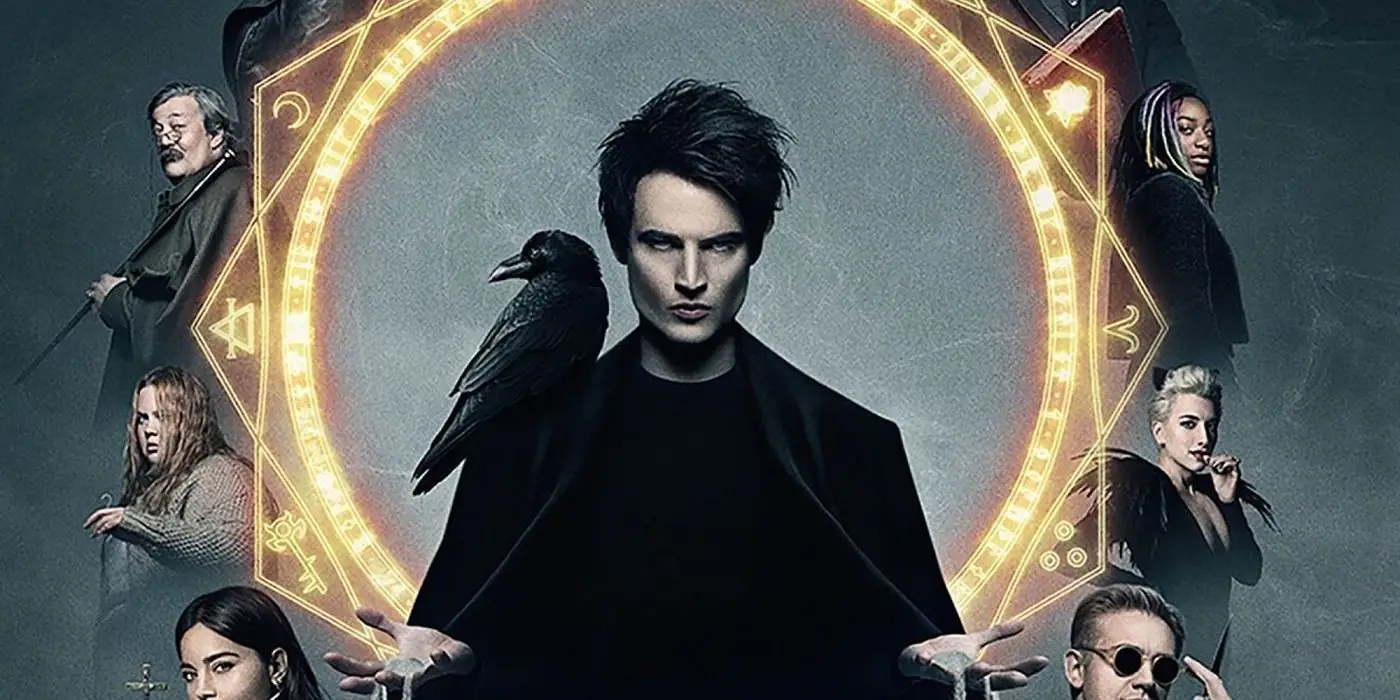
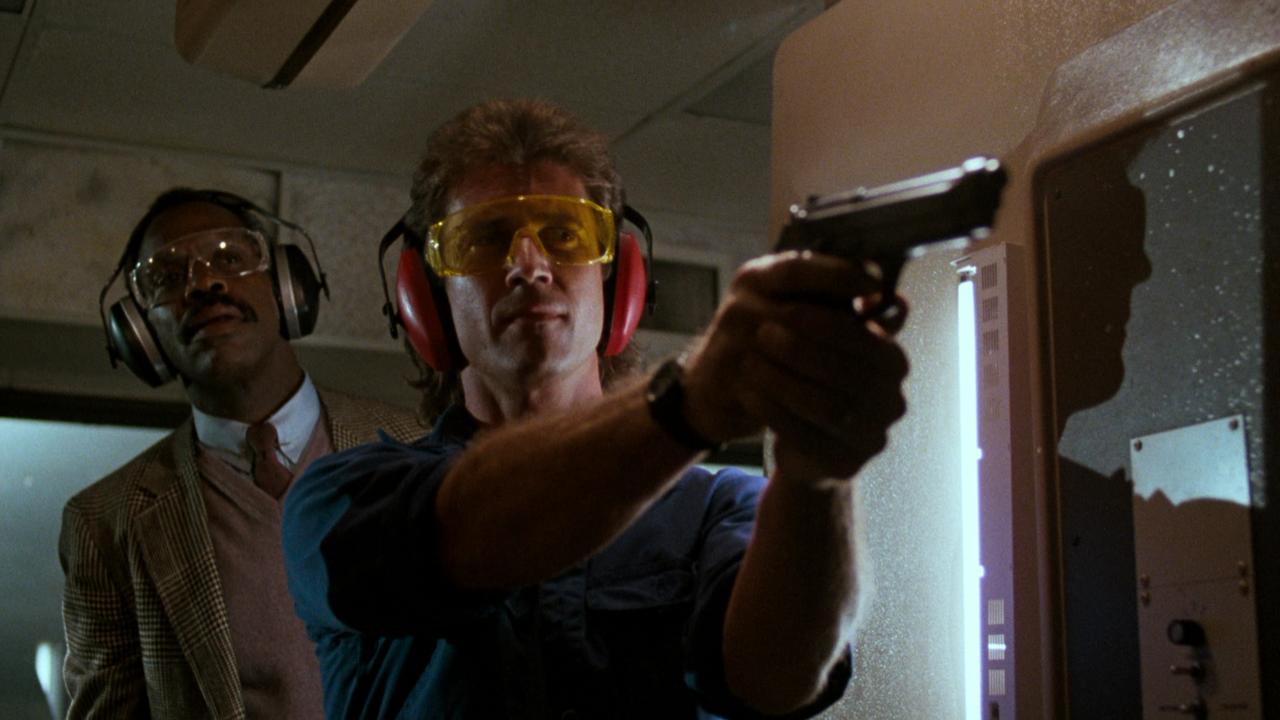


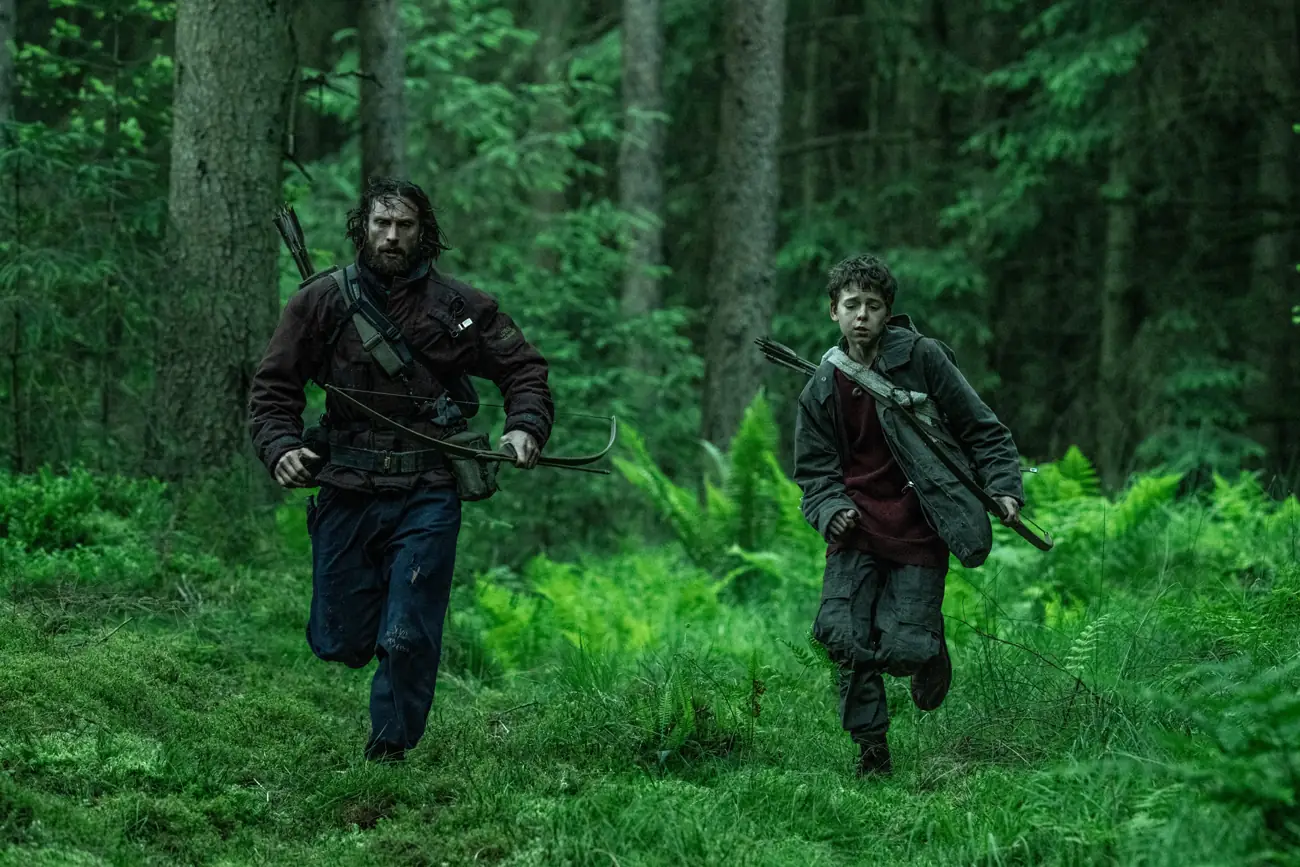
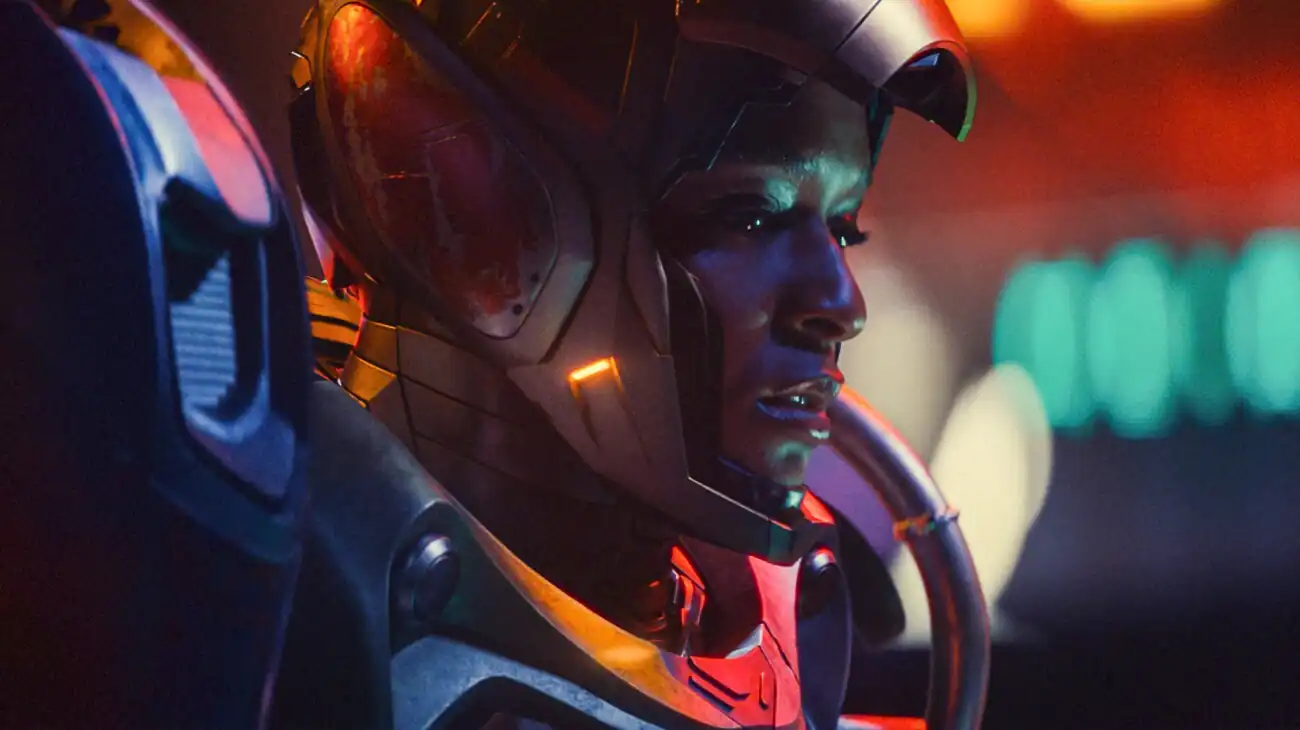

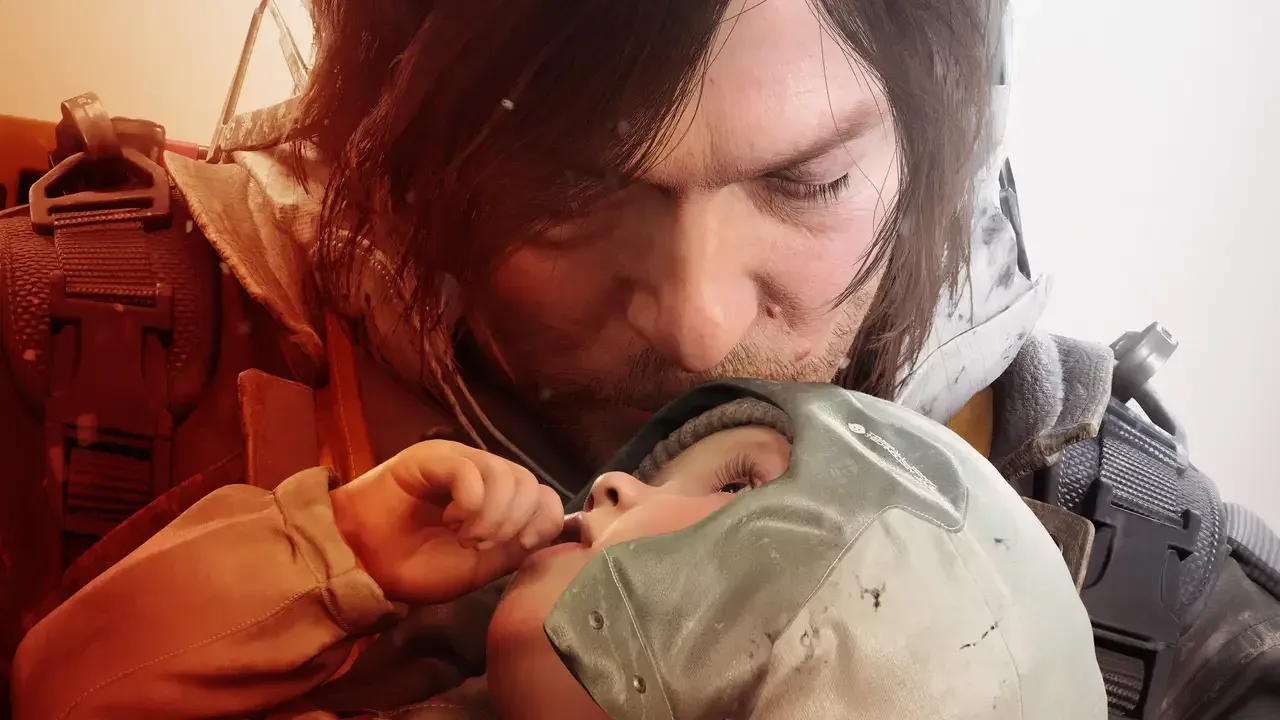
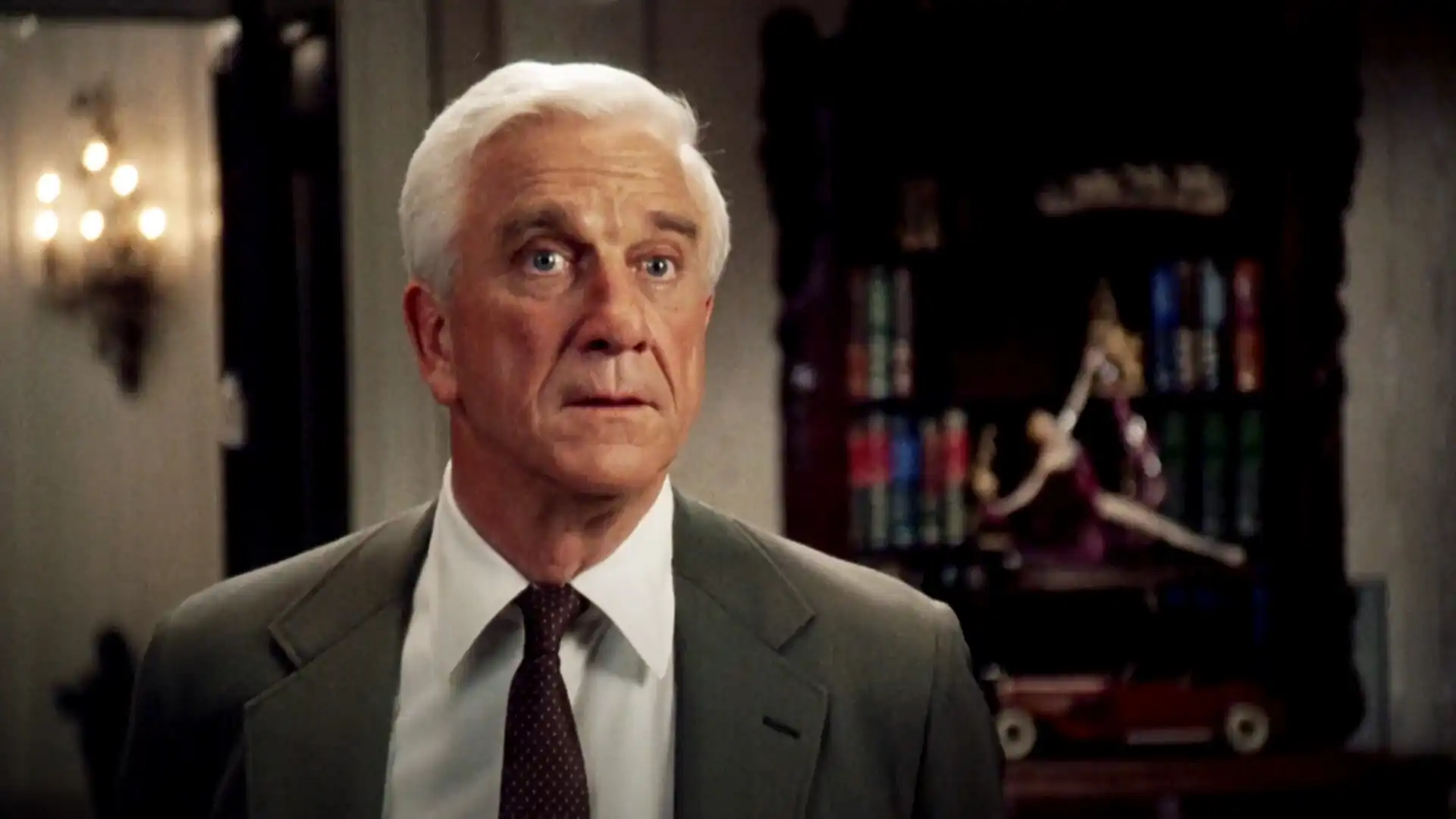

Discussion